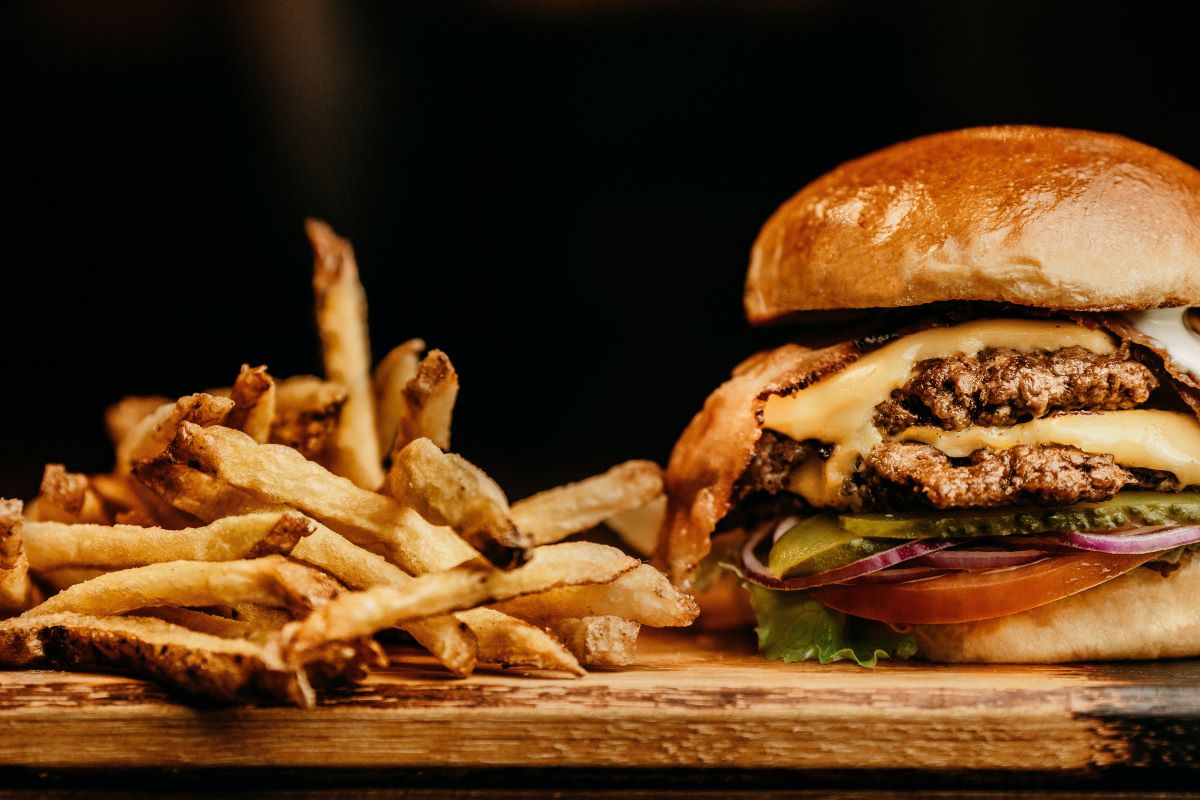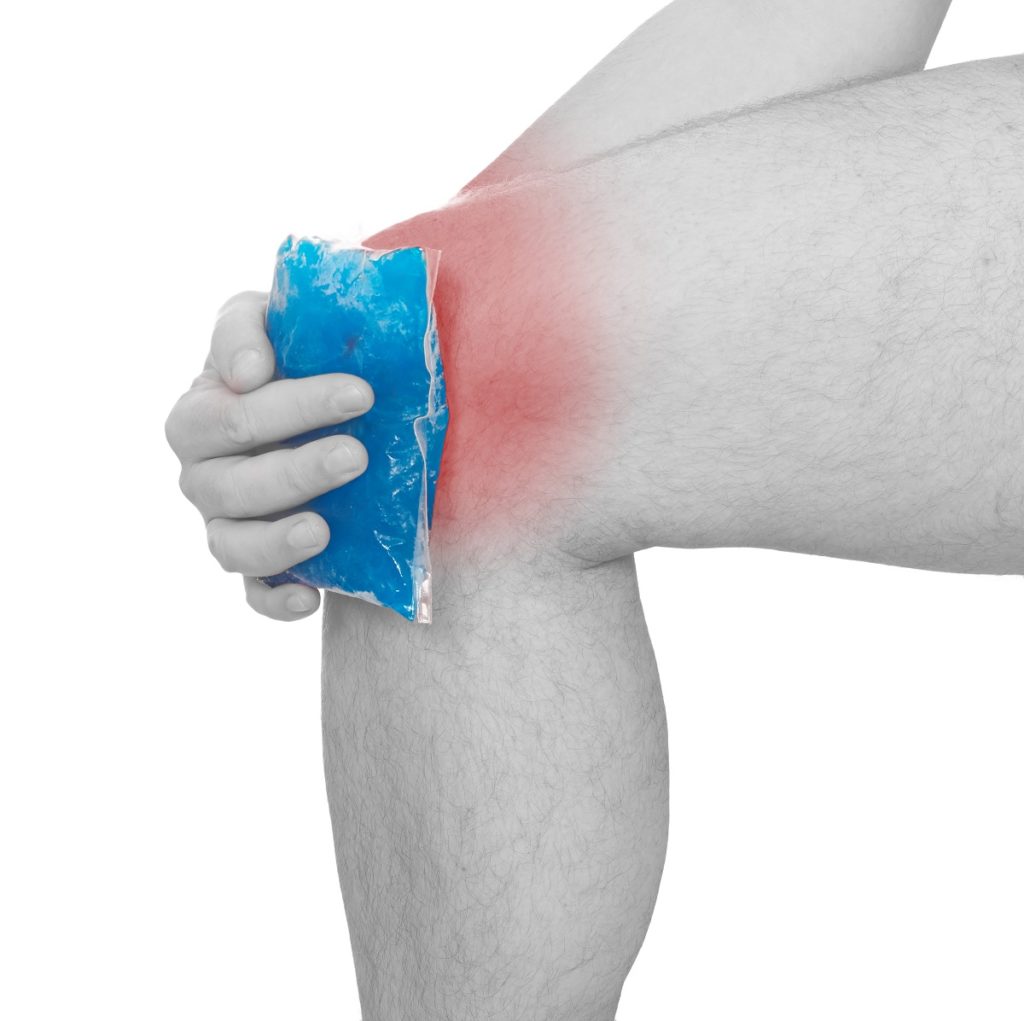Even if you’re in robust health, certain situations leave you emotionally vulnerable. And there’s nothing more catastrophic than being in isolation, shifting to a new way of life, and being cut off from your support system. The negative feelings are natural and expected; it’s a challenging time.
The good news is that people find ways to cope with these challenges. Some people turn to yoga, with mats sprawled out on the artificial grass in their backyard, soaking up the sun. Others turn to art, bingeing movies, paintings, reading books. Others turn to food, learning new recipes and enjoying savory dishes.
In some cases, however, coping mechanisms get a little too far and cause unwanted effects. Before you know it, your emotional eating might have taken a toll on your health and sent you even further into emotional distress.
If this is your case, do your best to take back control of your eating habits and return your coping mechanism to a healthy, sustainable level.
Exploring Emotional Eating
Before you find ways to mitigate emotional eating, you have to identify if what you’re experiencing is a manifestation of excessive emotional eating.
Many people turn to food not just to sate physical hunger but also for comfort, reward, or stress relief. This isn’t rare. When you finally beat that dreaded deadline, you reward yourself with ice cream. When you’ve had a disappointing day, your dinner is a fat cheeseburger. When you’re going through a heart-wrenching breakup, you watch a Nicholas Sparks movie with a pint of charcoal ice cream even if you’re not that hungry.
This is emotional eating: you use food to make yourself feel better. This isn’t necessarily a bad thing. When you do it occasionally as a reward or a pick-me-up, it’s okay.
However, when food becomes your primary coping mechanism, emotional eating becomes unhealthy.

How do you know if it’s taken over your emotional system? When it has become your first impulse. When you’re stressed, you go to the fridge. When you feel lonely because none of your friends are available for a video call, you search the cupboard for a snack. When you’re angry at a coworker for messing up a report, you have a pizza delivered. When you’re bored, you eat instead of finding something productive to do.
At this point, emotional eating has become a cycle that’s hard to get out of.
The Emotional Eating Cycle
This is what happens when a person is plunged into an emotional eating cycle.
- Something happens that upsets the person. They feel stressed, angry, or other negative emotions.
- The person feels an overwhelming urge to eat.
- The person indulges themselves and eats more than they know they should.’
- They feel bad and guilty, leaving them more vulnerable to the next thing that would upset them.
And the cycle continues.
The terrible thing about emotional eating is it harms you physically and emotionally. Physically, because the quality and quantity of the food involved are outside the healthy realm. People don’t usually turn to salad for comfort, nor do they use portion-sized bowls. Sugar and fat are the usual culprits, and they undermine the organs of your body.
Emotional eating harms you emotionally because food does not solve your problem. After you have finished your bowl of mac and cheese, the things that upset you — the messed-up report, the empty social calendar, or the stress — are still there. And you feel doubly worse because of the unnecessary calories you have just consumed.
It’s not a nice place to be in, especially in a pandemic, but take comfort in the fact that there’s always a way out.
Getting Out of the Cycle
If you recognized that you might have emotional eating, you’re already on the first step to healing.
Here are some steps to further help you get out of the cycle.
Recognize the Difference between Physical Hunger and Emotional Hunger
- Emotional hunger craves specific kinds of food. When you’re physically hungry, anything sounds good. But when you’re emotionally hungry, you’re seeking a specific kind of food, like that dark chocolate cake topped with chocolate shavings.
- Emotional hunger doesn’t stop when you’re full. When you’re physically hungry, you stop when you’re full. But you mindlessly eat when you’re sating your emotions.
- Emotional eating leaves you guilty. You don’t feel guilty when you eat for physical hunger because you’re giving your body what it needs. But you do feel guilty for emotional eating because you know you don’t have to eat.
Prepare Healthy Snacks Ahead
Get ahead of yourself. Don’t stuff your pantry with accessible, unhealthy snacks. Instead, fill it with nuts and fruits.
Find Alternative Ways to Destress
Once you recognize that you’re feeling emotional hunger, stop yourself from going to the fridge. Find other fun ways to let out those negative feelings. Watch a comfort movie (healthy snacks only), knit a sweater, go for a walk, or tend your garden.
Schedule Self-Care
Take time off your day to replenish the spirits with activities that don’t involve food. You can take a long bath with scented candles or don a fresh face mask and cucumber eye patches. Do your nails or use a home treatment for your hair. They seem simple, but these self-care rituals make you more resilient.
It’s understandable to veer away from healthy standards, especially because we’re dealing with insane events. The important thing is you recognize and accept that there might be a problem with the way you’re coping and that you’re willing to take the first step towards healing.




